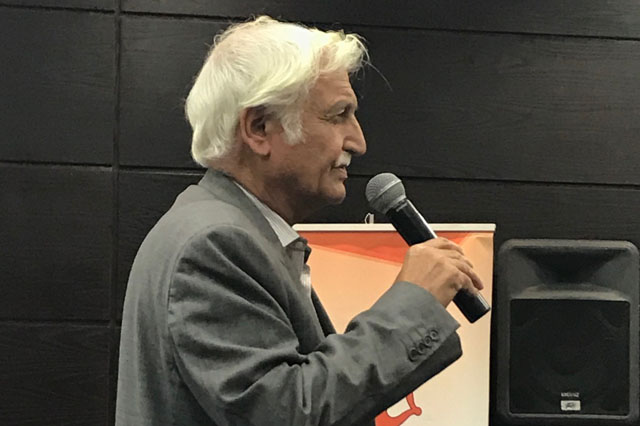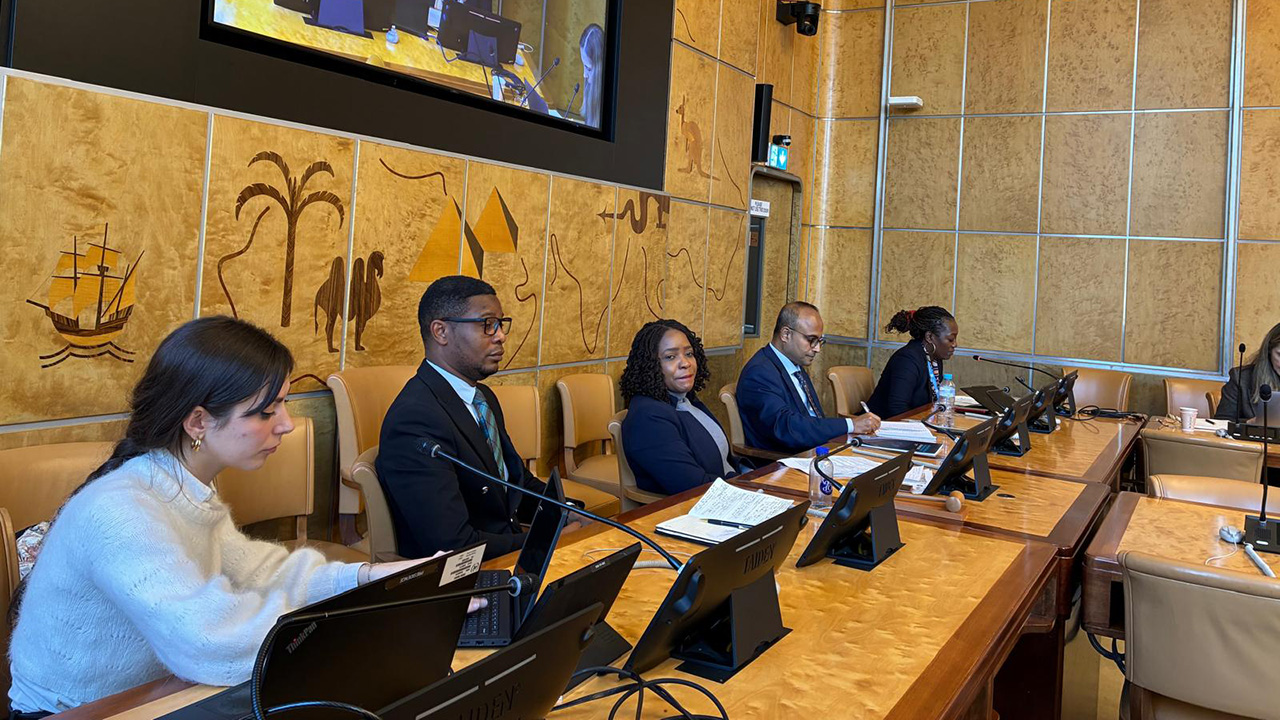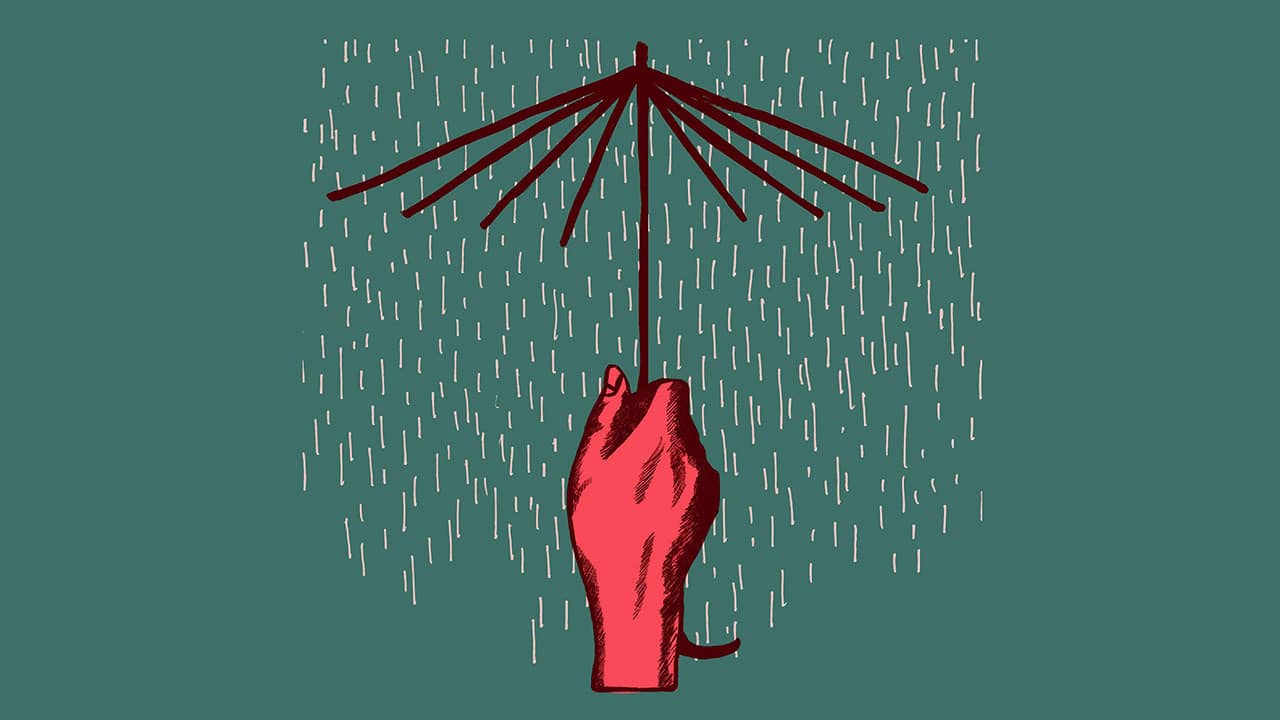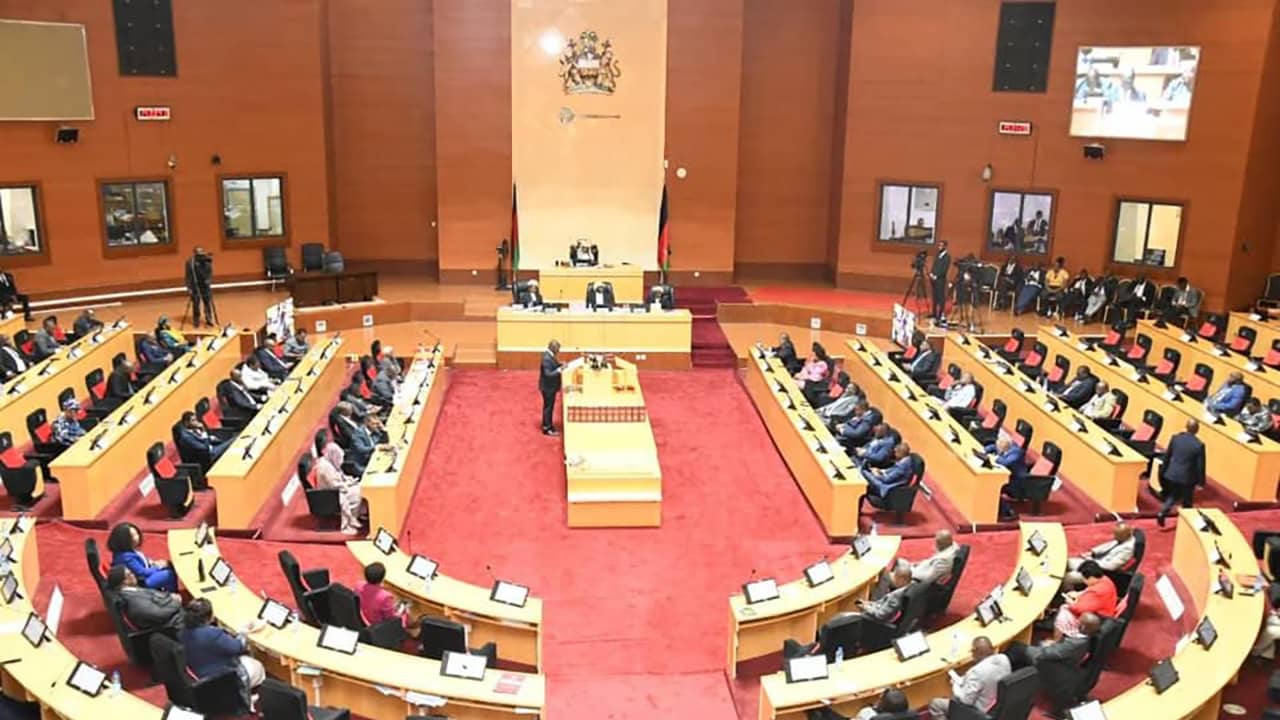
The following news article originally appeared in The News Pakistan on November 15, 2017.
Over 80 pc of those hanged are ordinary criminals, not terrorists: Babar
ISLAMABAD: PPP Senator Farhatullah Babar on Tuesday called for a wide-ranging national debate involving all stratas of society, including political parties, lawyers, religious scholars, intellectuals, media persons and academia, on awarding death penalty in a broken justice system and the laws heavily tilted in favor of the rich and powerful.
Addressing a seminar on 'Trial and Terror' organised by the Justice Project of Pakistan in a local hotel where a report was launched, he said terrorists had refused to be deterred by death penalty. He said the rich and powerful manipulated the Qisas law to get away with murder and only the poor were hanged. He said three years since the lifting of moratorium on executions it was time to assess the net result of application of anti-terror laws, the military courts, Regulation in Aid of Civil Power and Guantanamo Bay type prisons for fighting terrorism.
"Nearly five hundred have been executed during the last three years, over 80 percent of them were ordinary criminals and not jet black terrorists as promised at the time of (forming) military courts," he said. He said in a security-driven state, welfare and rights of people mattered little. "Our rush to carry out executions is a reaffirmation of the truth that a state that does not care about people’s lives is least concerned about how they died," he said. He said recently two brothers were acquitted of murder by the Supreme Court after nearly 15 years on death row but only after they had already been executed and no one in the criminal justice chain knowing about it.
He asked scholars how they rationalised such gross miscarriage of justice with the insistence that moratorium on executions was against the religion. He said that according to scholars, Islam called for death penalty in only two offences but today 27 offences in Pakistan carried death penalty. "There is no reason why we should not revisit the offences that carry death penalty,” he said.
He said the implementation of Action on Aid of Civil Administration Regulation 2011 was another worrisome area. "The regulation was given back-dated effect from 2008 to enable the security agencies to conduct open trial of those in their custody for years in PATA (provincially administered areas) of KP," he said.
However, Senator Farhatullah Babar said today, no one knows how many internment centers had been set up for keeping them, how many inmates were there, what were charges, how many had died and whether and how many were being tried for what crimes and in which courts. He aid these internment centres had become like little Guantanamo Bay prisons, black hole for the inmates and no-go areas even for the judiciary and parliament.






